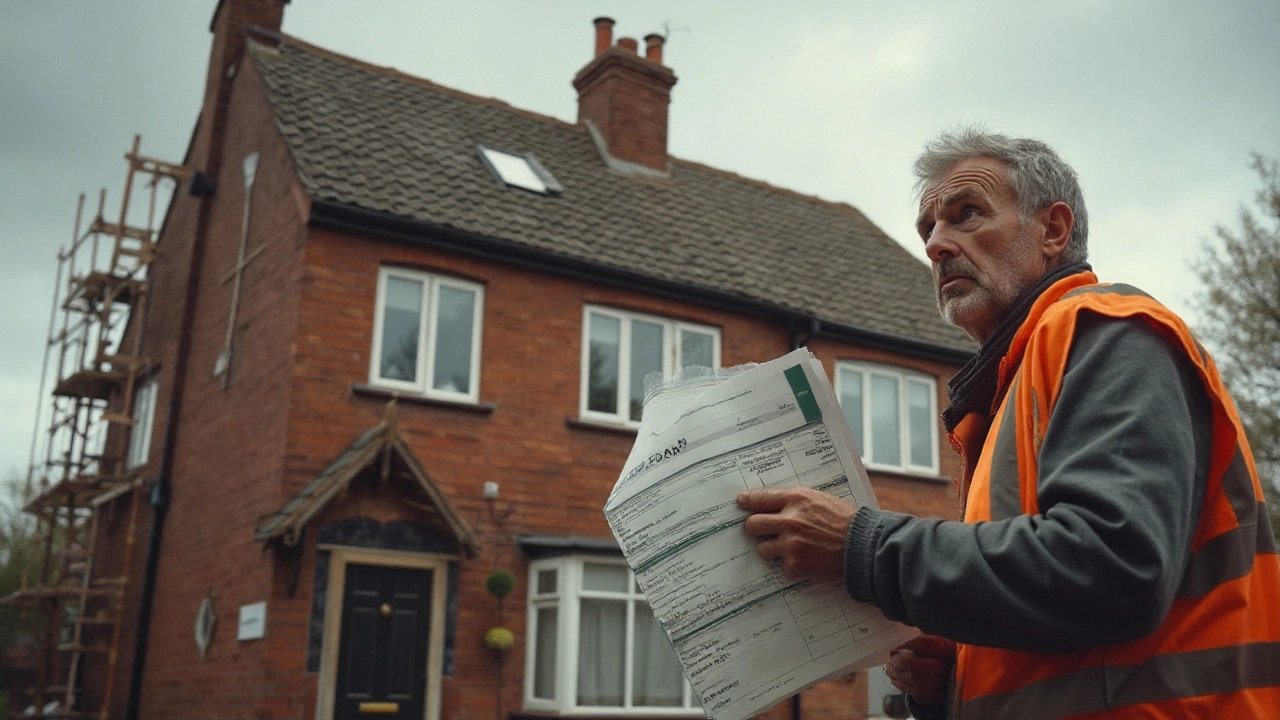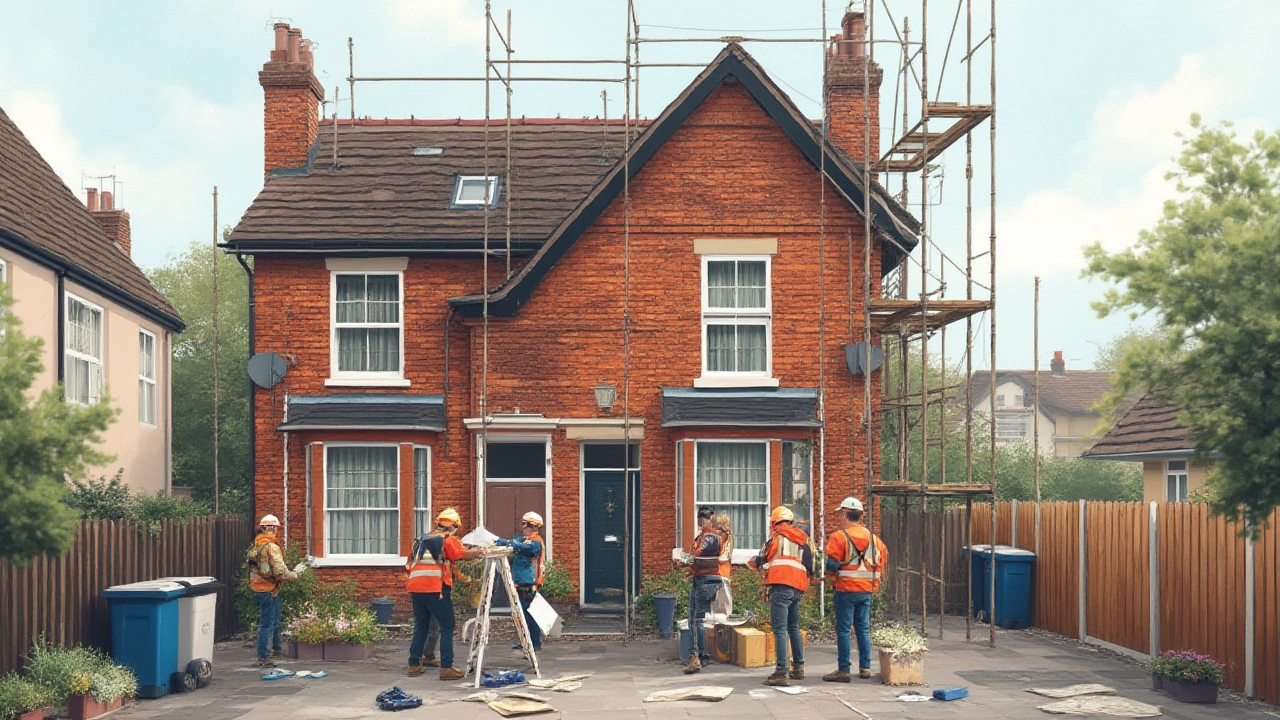Roofing Contractor Guide – What You Need to Know in the UK
If you’re looking at a new roof, a repair, or just a safety check, a roofing contractor is the person to call. They handle everything from shingle swaps to full roof replacements, and they know the local weather challenges that can affect your roof’s lifespan.
First thing to check is licence and insurance. A legit contractor will have both and will gladly show you proof. Without them you risk poor workmanship and a big bill if something goes wrong.
How to Pick the Right Roofing Contractor
Start by asking friends, neighbours or your builder for recommendations. A contractor with local references is usually a safe bet because they’ve worked on similar houses in your area. Next, get at least three written quotes. Compare not just price, but the materials they suggest and the timeline they propose.
Don’t forget to read online reviews. Look for consistent comments about punctuality, clean work sites and clear communication. A contractor who answers your calls promptly and explains the process in plain English is worth the extra trust.
Typical Services Offered
Roofing contractors cover a wide range of jobs. Common services include:
- Roof inspections – spotting leaks, missing tiles, or damaged flashing.
- Repairs – fixing small leaks, re‑securing loose tiles, or replacing broken slates.
- Full replacements – removing old roofing and installing new materials like tile, slate, metal or synthetic shingles.
- Insulation upgrades – adding loft insulation or reflective layers to improve energy efficiency.
- Gutter and down‑pipe work – ensuring water flows away from the building correctly.
Most contractors will also advise on the best material for your budget and climate. For example, metal roofs are great for heavy rain, while slate works well in colder regions.
Cost is another big factor. Prices vary based on roof size, pitch, material choice and how easy it is to access the roof. A rough rule of thumb is £80‑£120 per square metre for a standard tile job, but premium materials can push that higher.
Ask your contractor for a detailed breakdown. Knowing exactly where the money goes helps avoid surprise charges later on.
Maintenance doesn’t have to be a headache. Simple steps like clearing debris, checking flashings after storms, and scheduling a professional inspection every 5‑7 years can extend the life of your roof by years.
When a contractor finishes a job, they should provide a warranty. The warranty covers both labour and materials, and it’s a sign they stand behind their work. Keep the paperwork safe and note any maintenance requirements to stay covered.
In the UK, building regulations may require a certified roofing contractor for certain projects, especially if you’re adding a loft conversion or changing the roof’s structure. Your contractor should handle any necessary paperwork and inspections.
Finally, trust your gut. If a contractor seems evasive, pushes you to sign a contract quickly, or offers a price that looks too good to be true, walk away. A good roofing contractor will be transparent, patient, and willing to answer all your questions.
Ready to get started? Reach out to a few local roofing pros, compare their quotes, and pick the one that feels right for your home. A solid roof protects your family, your belongings, and your peace of mind – it’s worth the effort to choose the right expert.
Is $30,000 Too Much for a Roof? Real Costs, Tips & Red Flags for Homeowners
- Gavin Whitaker
- |
- |
- 0
Is a $30,000 quote for your roof a rip-off or the new normal? Understand costs, get tips, and find out what makes a roofing bill add up fast.
View moreRoof Payment Explained: The Essential Guide to Roofing Costs and Financing Options
- Gavin Whitaker
- |
- |
- 0
Everything you need to know about roof payment: from average costs, payment methods, insurance claims, and smart tips for managing and financing a new roof.
View more
